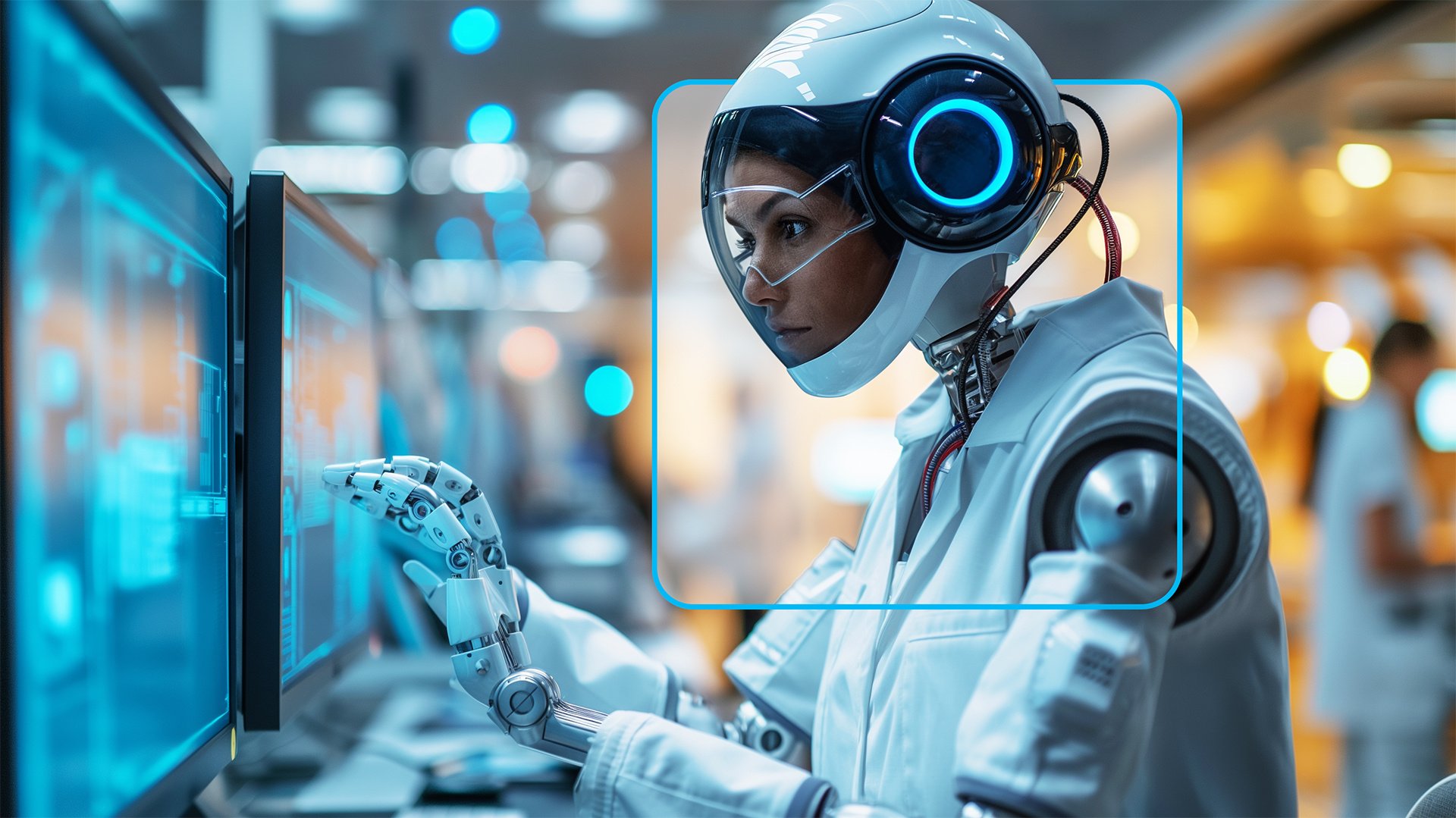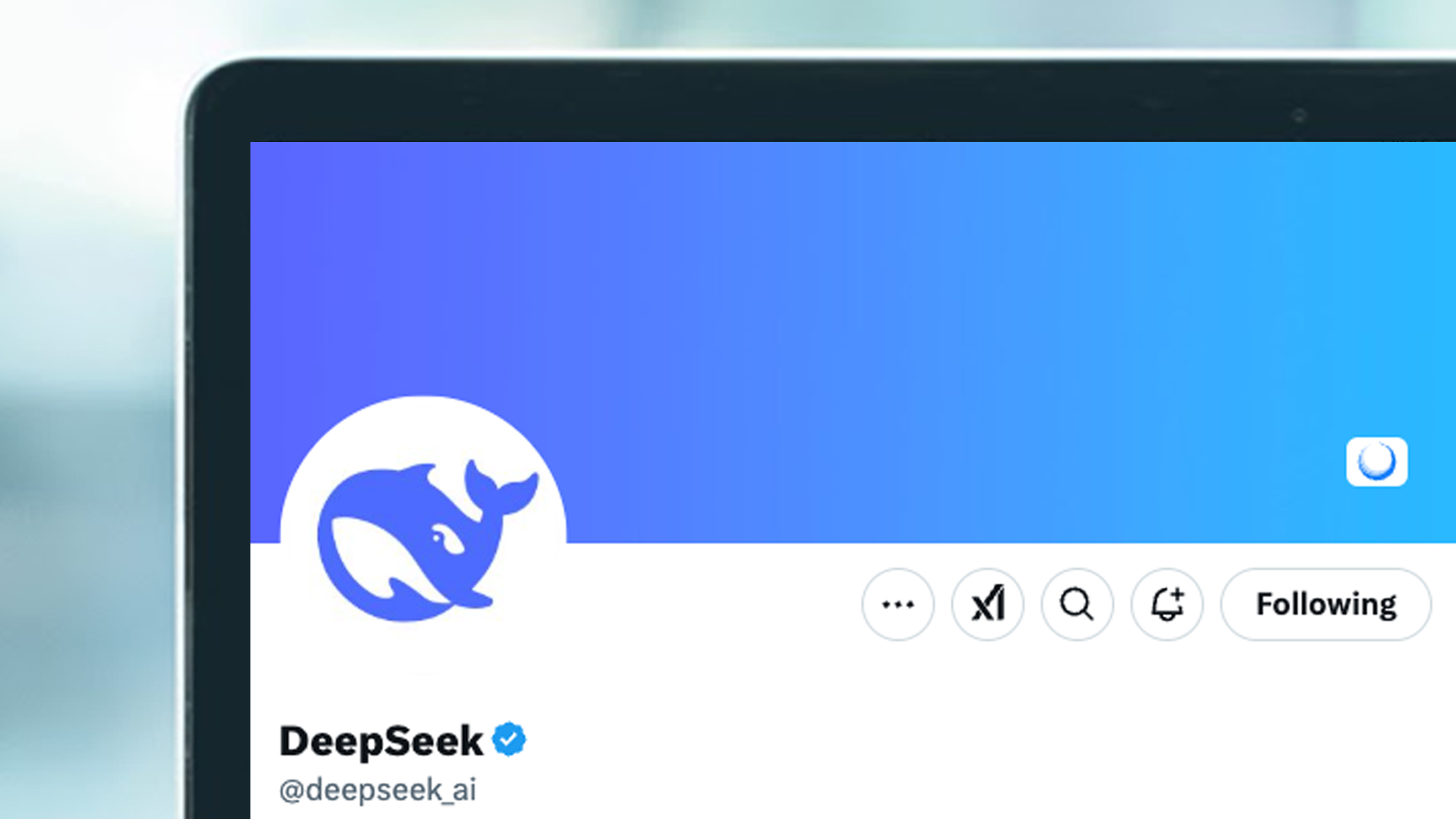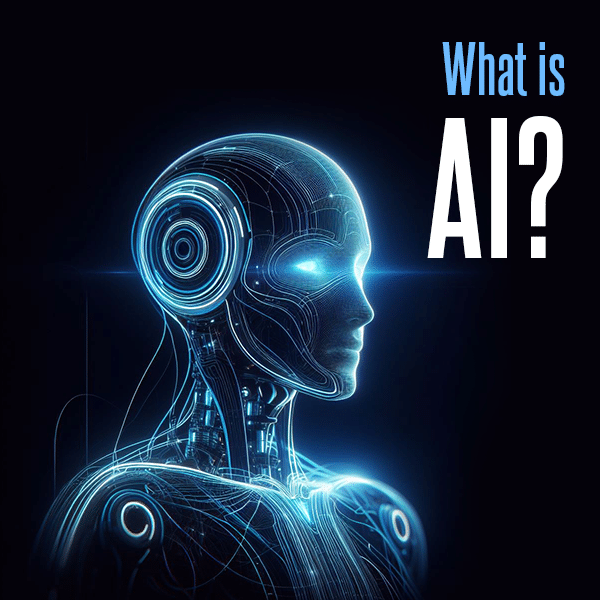The capacity of AI innovation has been percolating in the background for several years. But when ChatGPT, the AI chatbot, started grabbing headings in early 2023, it put generative AI in the spotlight. This guide is your go-to manual for generative AI, covering its benefits, limitations, utilize cases, potential customers and much more.
What is OpenAI?
- Share this item with your network:
-
-
-
-
-
-.
-.
-.
-
- Cameron Hashemi-Pour, Former Site Editor
OpenAI is a personal research study lab that intends to develop and direct synthetic intelligence (AI) in methods that benefit mankind as a whole. The business was founded by Elon Musk, Sam Altman and others in 2015 and is headquartered in San Francisco.
OpenAI was developed in part due to the fact that of its creators' existential issues about the capacity for catastrophe arising from carelessness and misuse of general-purpose AI. The business has a long-term focus on fundamental advances in AI and its capabilities. The founders of the business and other financiers started the business with a $1 billion endowment. In February 2018, Elon Musk left the company due to a possible dispute of interest with his work at Tesla, the automotive and tidy energy company inspired by Nikola Tesla.
The specified intent of the company-- to work towards safe synthetic general intelligence (AGI) for the advantage of mankind-- is reflected in its objective to easily collaborate with other research study companies and people. Research and patents made by the business are intended to remain open up to the general public except in cases where they might negatively affect safety.
Timeline and history of OpenAI
OpenAI was originally focused on establishing AI and artificial intelligence tools for computer game and other recreational functions. Less than a year after its official starting on Dec. 11, 2015, it released its very first AI offering: an open source toolkit for developing support learning (RI) algorithms called OpenAI Gym. Over the next 2 years, OpenAI concentrated on more basic AI advancement and AI research study.
This short article is part of
What is Gen AI? Generative AI explained
- Which also includes:.
8 top generative AI tool classifications for 2025.
Will AI replace jobs? 17 job types that might be impacted.
25 of the finest large language designs in 2025
In 2018, OpenAI released a report to describe to the world what a Generative Pre-trained Transformer (GPT) is. A GPT is a neural network, or a device discovering model, produced to operate like a human brain and trained on input, such as large data sets, to produce outputs-- i.e., answers to users' concerns.
In March 2019, OpenAI shifted from not-for-profit to capped-profit status and became formally known as OpenAI LP, managed by parent business OpenAI Inc. Almost 2 years later, in January 2021, OpenAI introduced Dall-E, a generative AI design that examines natural language text from human users and then produces images based on what is explained in the text.
Perhaps the business's best-known item is ChatGPT, launched in November 2022 and declared as the world's most advanced chatbot for its ability to provide answers to users on an apparently unrestricted series of subjects. Its benefits and disadvantages, along with its usages in numerous industries, are still being disputed.
Elon Musk no longer serves on the board of the business, and co-founder Sam Altman served as the company's CEO until November 2023 alongside president and chairman Greg Brockman, formerly the CTO of financial services and SaaS company Stripe; and chief scientist Ilya Sutskever, previously of Google.

In November 2023, Altman was fired from his position by the board of directors, mentioning that Altman was not honest in his communications to the board. Right after, Brockman left the business. Both were employed by Microsoft 3 days after leaving the business.
Emmet Shear, co-founder of Twitch, was employed as the interim CEO at OpenAI after Altman's departure. Following Altman's firing, around 500 of OpenAI's workers said they would stop if the board of directors didn't step down. After simply 5 days, Altman and Brockman were re-hired in their initial functions at OpenAI with a brand-new board of directors.
Notable projects and releases
OpenAI has actually been deemed revolutionary for its significant product offerings, that include the following:
GPT-3. This powerful large language model (LLM) functions as the basis for other OpenAI items. It evaluates human-generated text to learn to produce similar text by itself.
GPT-4. Released in March 2023, GPT-4 provides multimodal AI performance, where it can examine both text and images.
GPT-4o. Introduced in May 2024, GPT-4o boosted multimodal capability to recognize images, text and audio. GPT-4o is more conversational than other models. GPT-4o will acknowledge the user's screens and photos and ask concerns about them.
OpenAI o1. Released in September 2024, OpenAI o1 is an LLM with enhanced thinking performance. Instead of offering a reaction as quickly as possible, o1 "believes" through the right technique to fix a problem for more accurate responses.
OpenAI o3. Announced in December 2024, this o1 follower model has 2 versions-- o3 and o3-mini. These designs use what OpenAI calls a "private chain of thought" in reinforcement learning, which teaches the o3 model to stop briefly and examine internal discussion using simulated thinking before producing replies. OpenAI plans to launch o3-mini to the general public in January 2025.
ChatGPT Search. This AI search engine is currently developed into ChatGPT for Plus and Team users. The search feature supplies up-to-date info from the internet and allows ChatGPT to complete with other online search engine. It was released in October 2024.
Dall-E and Dall-E 2. These generative AI platforms can evaluate text-based descriptions of images that users desire them to produce and after that produce those images exactly as explained.
Clip. Clip is a neural network that manufactures visuals and the text relating to them to forecast the very best possible captions that a lot of properly explain those visuals. Because of its ability to gain from more than one type of information-- both images and text-- it can be categorized as multimodal AI.
ChatGPT. ChatGPT is currently the most advanced AI chatbot designed for generating humanlike text and producing responses to users' questions. Having been trained on large information sets, it can produce answers and responses the way a human would. Since its creation, updates to this tool have allowed it to communicate with users through voice conversation and images.
Codex. Codex was trained on billions of lines of code in numerous programming languages to help software designers simplify coding processes. It's established on GPT-3 innovation, however rather of generating text, it produces code.
Whisper. Whisper is labeled as an automated speech recognition (ASR) tool. It has actually been trained on a wide variety of audio data in order to recognize, surgiteams.com transcribe and translate speech in about 100 various languages, including technical language and different accents.
ChatGPT Enterprise. Although this is comparable to the customer variation of ChatGPT, the enterprise variation lets users construct the training of their model. This edition likewise shows on the recent incremental modifications made to ChatGPT.
Custom GPTs. GPTs are customized variations of ChatGPT that users can tailor to specific use cases with no code. Verified GPT contractors can share customized GPTs in the GPT store and make money doing so.

OpenAI and Microsoft
At the start of 2023, Microsoft openly devoted to a multibillion-dollar financial investment in OpenAI, but its interest in the business is absolutely nothing brand-new. In July 2019, OpenAI took part in a multiyear collaboration with Microsoft in which Microsoft's cloud platform, Azure, has been boosted by AI-based computing items.
Microsoft's latest financial investment in OpenAI extends to Bing, wiki.snooze-hotelsoftware.de its online search engine. The company is using the same technology developed for ChatGPT to produce an AI-infused variation of Bing. Concurrently, AI-based features have actually likewise been added to Microsoft's Edge web browser, and ChatGPT functionality is being included to Microsoft 365 items such as Outlook and Teams.
Criticisms of OpenAI
Despite all these quick improvements, OpenAI has not been unsusceptible to criticism, both on the planet of tech and beyond. The company's shift from "nonprofit" to "capped revenue" status in 2019 sustained criticism that its dedication to dealing with others on structure "safe and helpful" general synthetic intelligence had ended up being a profit-driven "AI arms race" to produce the most innovative AI technology on the market. Simultaneously, others have actually revealed concerns about OpenAI's growing absence of openness into how its cutting-edge items are being developed, given its commitment to establishing open source software.
More recently, the launching of ChatGPT in late 2022 has actually entered into a fair offer of criticism along with the extensive appreciation for its revolutionary capabilities. The technology has been implicated of producing "hallucinations" or other factually inaccurate answers that are seemingly intelligent and well composed, yet don't hold up under examination. While this is possibly the most notorious disadvantage of the platform, others include its prospective to plagiarize from other sources along with its limitations in producing responses on the most up-to-date news. The data set it was trained on was from 2021, so the content it produces might injustice those who need details on present events. OpenAI upgraded ChatGPT Plus in November 2023 to consist of information approximately April of that year.
OpenAI's chatbots are amongst many that faced security concerns early in 2023. Aside from the assistive capabilities of these resources, researchers also identified hazardous content in their actions. Examples of these consist of info on how to build a bomb, along with assistance on how to carry out identity theft and steal from a charity.
International skepticism surrounding AI also continues to emerge. The French and Italian governments, for instance, supplied needs and evaluations for OpenAI. Meanwhile, the U.S. White House requested even more details related to the threats connected with AI.
Lawsuits surrounding copyright with OpenAI have actually also turned up. In June, developers dealt with analysis in the middle of a charge from Joseph Saveri Law Practice. Made on behalf of 5 book authors, this allegation suggested ChatGPT and its underlying LLMs-- GPT-3.5 and GPT 4-- contained copyrighted materials. Specifically, it implicated these sources of utilizing the authors' copyrighted works for summaries to train the LLMs. This took place without permission from the authors.
The New York Times also sued OpenAI and Microsoft in December 2023 for copyright infringement, accusing them of unlawfully copying posts to train LLMs and produce AI items that take on The New york city Times. The paper was the first major news organization to take legal action against OpenAI and Microsoft for utilizing their publications to train AI systems.
Among concerns, actions to improve the system often take location. In action to the apprehension surrounding ChatGPT, OpenAI introduced ChatGPT Enterprise in August. With this brand-new variation, companies can have a better hang on design training and the information that exists within models. However, there stays a lack of clearness surrounding the training information used by the design. As such, business have shared concerns about the model utilizing copyrighted product for training.

OpenAI has also dealt with criticism surrounding lack of diversity on its board of directors. Critics noted the board's absence of representation isn't in line with the business's mission to "benefit all of mankind." Following the firing and rehiring of Sam Altman in November 2023, OpenAI ousted its only two female board members and renewed a board comprised exclusively white males. Lawmakers in Washington also advised that OpenAI diversify its board following the restructuring.
The future of OpenAI
OpenAI has actually not offered comprehensive public commentary on future strategies, but based upon current investments, democratization of AI is a clear goal of the Microsoft-OpenAI collaboration, as nontechnical professionals must soon have more AI tools at their disposal that do not require AI knowledge.
Microsoft has actually also done something about it that seem to show the anticipated development of OpenAI and comparable resources. In 2023, the company announced an investment of more than $13 billion in OpenAI. With the goal of sustaining the use of AI for various purposes, the investment got a large quantity of support following its comparison to the web transformation.
In the 1990s, Bill Gates released a memo that explained the internet as a "tidal bore" that would have a big impact on Microsoft. While referencing this memo, Microsoft CEO Satya Nadella recently noted the resemblances in between web and AI growth. Furthermore, Microsoft is intending to use these tools to support innovation.
In parallel with its awaited development, OpenAI hosted its very first developer conference in November 2023. At the event, OpenAI revealed GPT-4 Turbo, a language design with a considerably larger context window than its predecessors, a less expensive API prices design and a later training information cut. OpenAI also debuted adjustable GPTs, a "Copyright Shield" that will protect consumers from legal action, and GPT shop where users can generate income from and gain access to custom GPTs.
In December 2023, OpenAI struck a handle media company Axel Springer to use its news material in OpenAI's items. This lets ChatGPT provide news summaries from Axel Springer's outlets, which include Politico and Business Insider. The deal reveals OpenAI's intent to explore opportunities in AI-powered journalism.
Currently, OpenAI is in early talks with the California attorney general's workplace to change is corporate structure from a capped-profit company to a for-profit organization. OpenAI started as a nonprofit AI research study lab in 2015.
Continue Reading About What is OpenAI?
What is generative AI? Everything you require to understand
Bard vs. ChatGPT: What's the distinction?








